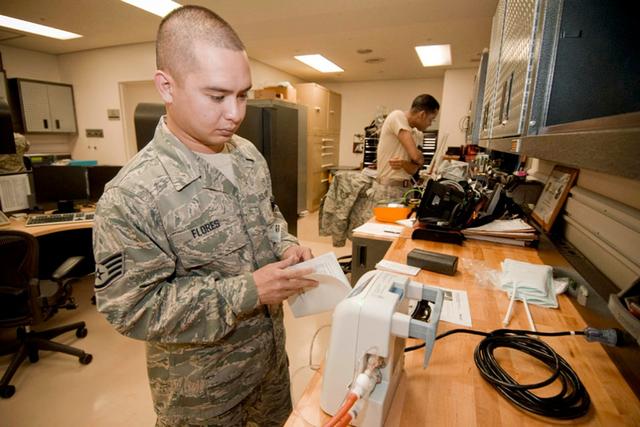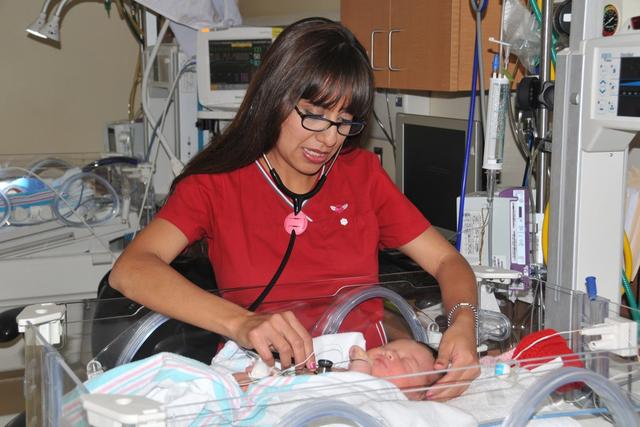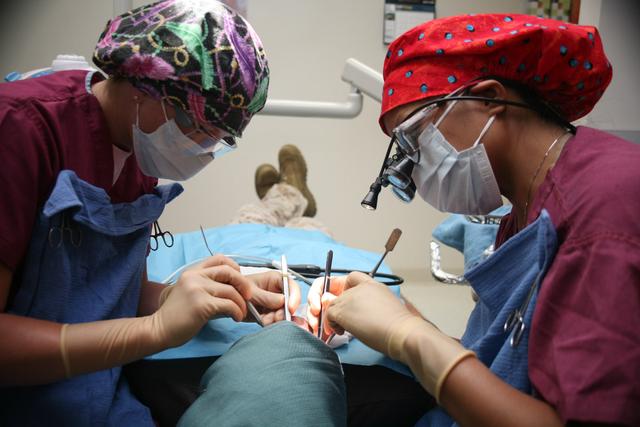Ophthalmologists
Overview
Introduction
Ophthalmologists are physicians who specialize in the care of eyes and in the prevention and treatment of eye disease and injury. They test patients vision and prescribe glasses or contact lenses. Most ophthalmologists also perform eye surgery, treating problems such as cataracts (which cloud vision) and other visual impairments. Because problems with vision may signal larger health problems, ophthalmologists may work with other physicians to help patients deal with diseases such as diabetes or multiple sclerosis.
Quick Facts
Median Salary
Employment Prospects
Minimum Education Level
Experience
Skills
Personality Traits
Earnings
Ophthalmologists salaries vary by the size of the hospital or health care facility where they work and the city or town where they practice. Other factors affecting salary include the ophthalmologists practice, hours worked per week, and professional reputation. Ophthalmologists earned average annual salaries of $334,002 in February 2025, according to Salary.com. Salaries ranged from less than ...
Work Environment
The offices and examining rooms of most ophthalmologists are well equipped, attractive, well lighted, and well ventilated. There is usually at least one nurse-receptionist on the ophthalmologists staff, and there may be several nurses, a laboratory technician, one or more secretaries, a bookkeeper, or receptionist.
Ophthalmologists usually see patients by appointments that are scheduled ...
Outlook
Employment for physicians is projected to grow by 5 percent, faster than the average for all careers, through 2033, according to the Occupational Outlook Handbook. However, the demand for specialty care may provide more job opportunities for ophthalmologists and other specialists. The increasing number of elderly people will drive demand for vision care. Also, new technology (such as a...































































































































